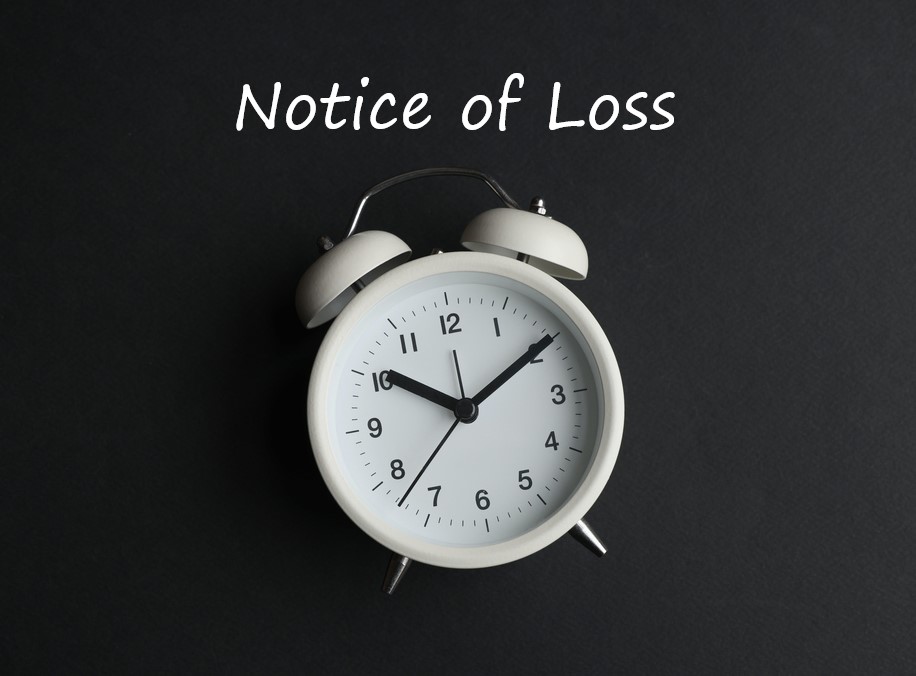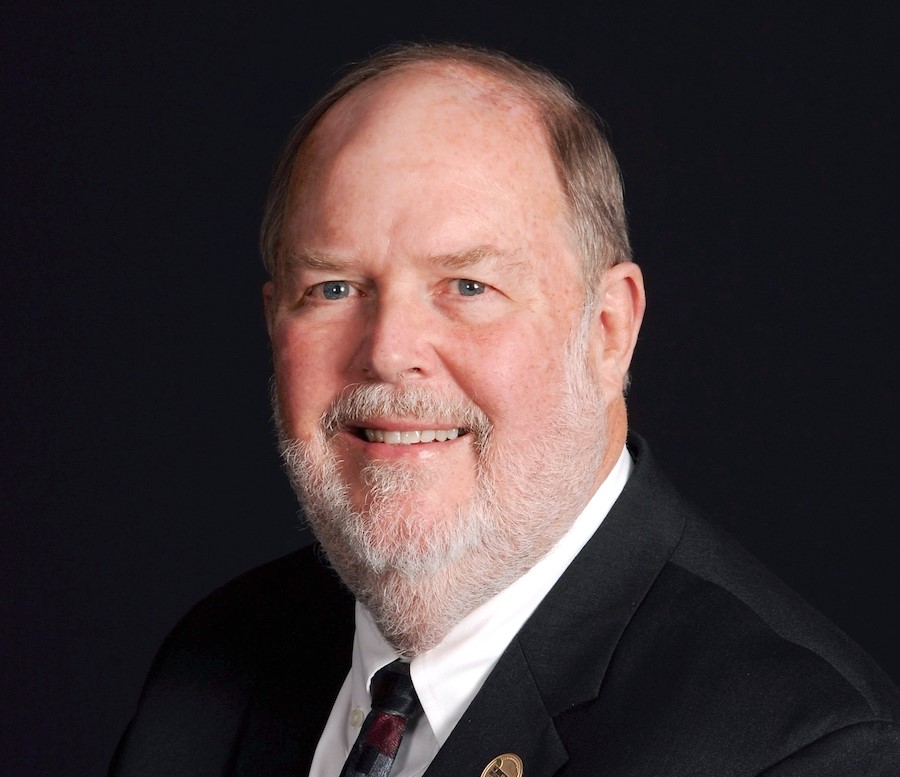Chip's Choice
Explore this curated selection of our top property insurance law articles, hand-picked by our founder and President, Chip Merlin.
Explore Our Articles
- Alabama
- Alaska
- Arizona
- Arkansas
- California
- Colorado
- Florida
- Georgia
- Hawaii
- Illinois
- Kansas
- Kentucky
- Louisiana
- Maine
- Massachusetts
- Michigan
- Mississippi
- Missouri
- Nebraska
- Nevada
- New Hampshire
- New Jersey
- New Mexico
- New York
- North Carolina
- Ohio
- Oklahoma
- Pennsylvania
- Puerto Rico
- South Carolina
- South Dakota
- Tennessee
- Texas
- Vermont
- Virgin Islands
- Virginia
- Washington
- West Virginia
- Wisconsin
Latest Articles
View All PostsAppraisers
View More Appraisers PostsBad Faith
View More Bad Faith PostsAbout Us
Established in 1985, Merlin Law Group is a leading insurance litigation law firm committed to assisting policyholders receive fair and just outcomes from their insurance companies. Property insurance law is a highly complex and specialized area of law and our firm represents policyholders when claims are denied, delayed or underpaid.
Call Us: (877) 449-4700
Visit: MerlinLawGroup.com

Subscribe to our Blog
Stay ahead in the complex world of property insurance law with our exclusive newsletter. Written by our experienced attorneys, each issue delivers insightful, practical advice straight to your inbox. Don’t miss out on the latest articles and expert guidance!















